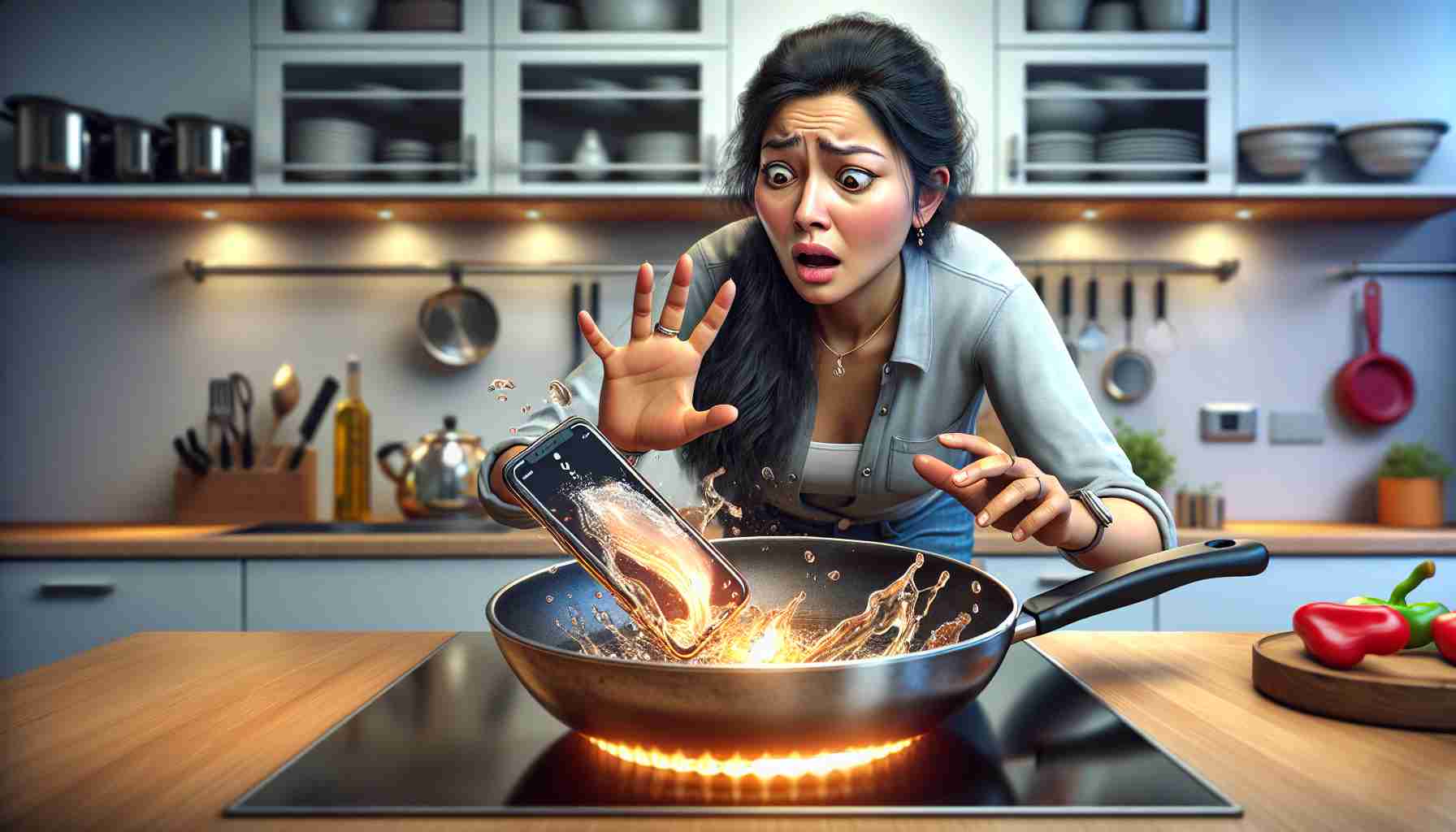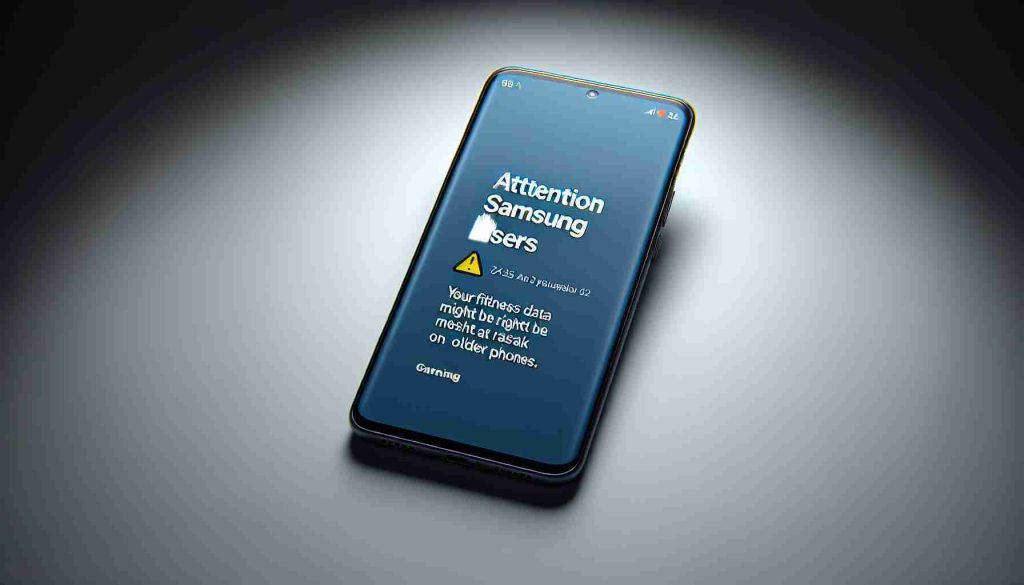In a bizarre incident reported from Binzhou, Shandong, a woman’s cooking session took an unexpected turn when her phone slipped from her hand straight into a pot of hot oil. Struggling with panic, Ms. Cui quickly fetched a pair of tongs, retrieving her device only after it rotated multiple times in the boiling pot. Unfortunately, the phone, worth 8,000 yuan, was deemed unusable, prompting her to purchase a replacement.
The incident highlights the potential dangers of smartphones in the kitchen, where distractions can lead to costly accidents. The temperature of hot oil typically reaches around 200 degrees Celsius, making it crucial for cooks to exercise extreme caution. The threat of burns is significant, especially when oil stabilizes after initial heating, releasing smoke upwards.
To minimize such risks, experts advise wearing protective clothing like long sleeves, aprons, and gloves during cooking. Additionally, special care should be taken to ensure that no water comes into contact with hot oil, as this can lead to explosive steam formation and cause hazardous splattering.
In the unfortunate event of a hot oil burn, immediate action involves cooling the burn under running cold water to alleviate pain and reduce skin temperature. For more severe burns, characterized by extensive affected areas or blisters, professional medical attention is necessary.
This incident serves as a reminder to maintain vigilance and caution while cooking to avoid unwelcome surprises in the kitchen.
When Phones and Food Collide: The Hidden Dangers of Tech in the Kitchen
Introduction
The presence of technology in our daily lives is undeniable, yet the kitchen is one area where its integration can have unforeseen consequences. While the saga of a woman in Shandong retrieving her expensive phone from a pot of boiling oil may seem amusing, it raises awareness about the risks associated with combining modern gadgets and traditional cooking. Beyond the immediate hazards, there are deeper questions about how technology impacts our culinary experiences and safety.
The Rise of The ‘Tech-Kitchen’ and Its Consequences
Technology in the kitchen is a double-edged sword. On one hand, devices such as smartphones and tablets act as an invaluable asset, offering instant access to recipes and cooking tips. They allow seamless multitasking, such as checking emails or watching a show while preparing meals. On the other hand, there are risks such as distraction, contamination, and potential damage to expensive gadgets.
Facts and Controversies
In 2022, a study by a well-known tech magazine revealed that nearly 30% of kitchen mishaps were attributed to smartphone use. Interestingly, the majority of these incidents involved young adults, who are accustomed to high gadget reliance. Critics argue that the excessive integration of technology diminishes the cooking experience, making it mechanical and retrospective rather than immersive and creative.
Experts Weigh In
Gastronomy experts suggest designing ‘tech-free’ zones in the kitchen to help focus on the culinary task at hand. Conversely, tech advocates propose that wearable devices or voice-activated assistants like Amazon Alexa and Google’s devices are safer alternatives, offering hands-free assistance without increasing the hazard levels.
Advantages and Disadvantages
Advantages:
– Efficiency: Access to cooking tutorials and real-time cooking advice.
– Multitasking: The ability to perform multiple tasks simultaneously without being bound to a screen.
Disadvantages:
– Distraction: Increased risk of accidents due to divided attention.
– Contamination: Potential for bacteria on devices making contact with food.
Questions to Ponder
– Should we limit the use of phones in the kitchen altogether? Limiting phone use may significantly prevent accidents but could also reduce convenience.
– How can we balance tech use while cooking? Establishing designated spaces or times for tech use can help maintain safety without forfeiting accessibility.
Alternatives and Solutions
For those averse to ditching their gadgets, several solutions exist, such as using stands to keep the phone away from cooking surfaces or investing in waterproof and heat-resistant phone cases.
Exploring the boundaries of technology and safety, adopting appropriate measures can ensure the kitchen remains a place of creativity and nourishment without compromising well-being.
Conclusion
Ultimately, the harmony between technology and kitchen safety relies on thoughtful usage and understanding the risks involved. Both home cooks and culinary professionals must navigate this intersection with caution to retain the kitchen as a welcoming, innovative space.
For further insights on kitchen safety involving modern technology, consider visiting these resources:
National Geographic, Better Homes & Gardens, and Cooking Channel.























